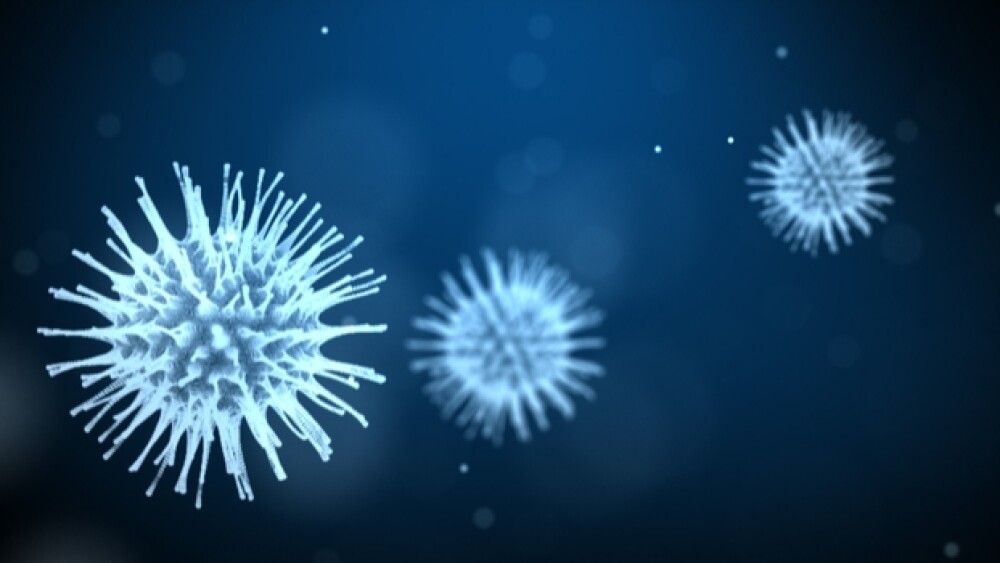Writing in The Motley Fool, Billy Duberstein, the portfolio manager at Stone Oak Capital, pointed at these two treatment options as potential weapons against the pandemic.
With the world still scrambling to find a treatment and vaccine for COVID-19, hope seems to be hinging on Gilead Science’s remdesivir, which has shown some promise based on anecdotal reports. The medication is being assessed in multiple clinical trials and a readout should occur soon, which will provide a better picture.
Still, researchers from across the globe are pulling out all stops in the fight against the novel coronavirus, which has infected more than 3 million people across the globe, with almost one-third of those patients here in the United States. COVID-19 has killed nearly 212,000 people globally, according to the Johns Hopkins COVID-19 dashboard. Among those treatments include the use of synthetic antibodies and ultraviolet light. However, the UV light is not being assessed as a treatment for humans, but on surface and air pollutants containing particles of the virus. Writing in The Motley Fool, Billy Duberstein, the portfolio manager at Stone Oak Capital, pointed at these two treatment options as potential weapons against the pandemic.
First, the UV light. The benefits of UV light as a cleanser of harmful pathogens have been well-established in hospital settings. In his post, Duberstein pointed to studies that note the use of far-UVC light that eliminated 95% of aerosolized H1N1 influenza. While UV light can be damaging to the human body, particularly the eyes and skin, the study Duberstein cited explains that far-UVC light was able to effectively destroy the H1N1 bacteria without causing harm to the eyes and skin of people. While it can devastate bacteria, the study notes that “far-UVC light cannot penetrate even the outer (non-living) layers of human skin or eye,” Duberstein wrote.
“Far-UVC light in indoor public locations is a promising, safe, and inexpensive tool to reduce the spread of airborne-mediated microbial diseases,” the study concluded, according to Duberstein’s report.
The second potential treatment is the use of synthetic antibodies. Unlike antibodies derived from the blood of patients who have been exposed to COVID-19, synthetic antibodies are made in a laboratory setting. Citing a Chinese study, Duberstein said a lab-controlled experiment involving the synthetic antibodies presented positive results against COVID-19. The synthetic antibodies prevented COVID-19 from binding to cell receptors in test tubes. Duberstein was quick to point out that these results were seen in a controlled lab setting and no in real-world patients. While synthetic antibodies could benefit patients, Duberstein said it’s unknown how expensive it would be to produce enough to benefit large swaths of the population and how it might compare to natural antibodies.
In the meantime, the world will wait with bated breath for the results of the remdesivir trials, particularly as some other hopeful medications, such as IL-6 inhibitors, are not proving themselves to be clinically meaningful against COVID-19. On Monday, Regeneron and Sanofi reported their IL-6 inhibitor Kevzara may not be as effective as hoped. The companies amended their study of the medication to include only hospitalized patients who are “critical” to receive the highest dose of Kevzara.
Gilead anticipates results from some of its clinical trials involving remdesivir within the coming weeks. Remdesivir is an antiviral drug that has been studied as a potential treatment for Ebola, Marburg, MERS and SARS. MERS and SARS are both caused by coronaviruses that have at least some similarities to the coronavirus causing COVID-19.





